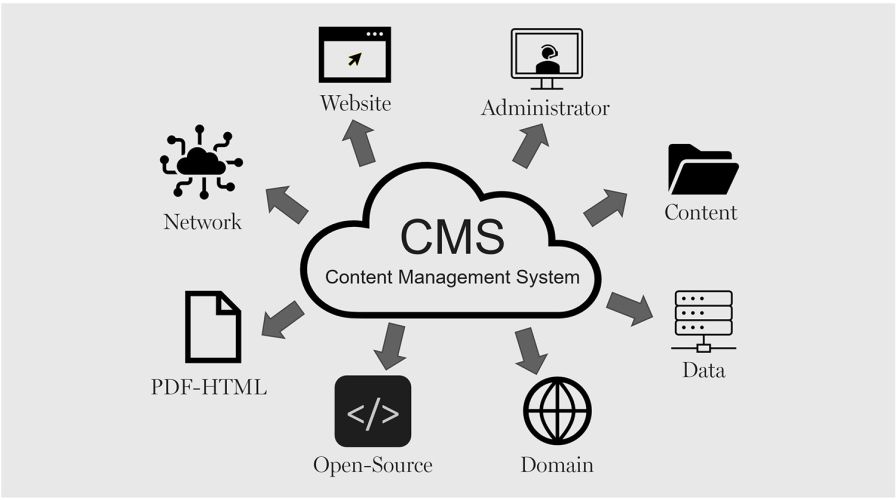In the digital age, a corporation’s website isn’t just a digital presence; it’s a cornerstone of brand identity. Research shows that nearly half of consumers view website design as integral to a business’s overall perception.
A Corporate Website, or also said institutional site, is an Internet site which presents a company, an institution or an organization to all its audiences and not only to its customers or users. Thus, the corporate website is classically distinguished from the commercial site intended only for customers or users.
However, exceptional websites require meticulous planning and inspiration. To spark your creativity, here’s a curated list of 25 exemplary corporate website designs that redefine excellence:
Key Principles for Professional Corporate Website Design:
- Consistent Branding: Ensure uniformity in fonts, colors, and tone for a seamless brand experience.
- Usability First: Prioritize intuitive navigation and clear site structure to enhance user experience.
- Regular Maintenance: Regularly review content, fix issues, and update for optimal performance.
Corporate Website Redefined:
Your website serves as your company’s digital face, making a lasting impression. While professionalism is essential, it doesn’t necessitate blandness. These examples showcase that corporate design can be innovative, engaging, and memorable. By following best practices and drawing inspiration, you can elevate your website and stand out.
Going Beyond the Basics: Advanced Corporate Website Optimization Strategies
- Engaging Visuals: Incorporate high-quality images, videos, and animations to captivate visitors and enhance storytelling.
- Clear Navigation: Ensure intuitive navigation and a logical site structure for easy exploration.
- Responsive Design: Optimize for various devices and screen sizes for a seamless experience across platforms.
- Content Updates: Regularly update content, respond to feedback, and fix issues to maintain relevance and functionality.
- Personalized Experience: Tailor content and features based on user preferences for enhanced engagement.
- Social Proof: Build credibility with testimonials, case studies, and client logos.
- Performance Optimization: Prioritize mobile responsiveness, fast loading speeds, and minimal clutter.
- Accessibility: Ensure your website is accessible to everyone by adhering to accessibility standards.
- Data-Driven Iteration: Analyze website metrics and user feedback to continuously improve design and content.
Conversion Optimization Strategies:
- Clear CTAs: Implement clear calls-to-action throughout the website to guide visitors towards desired actions.
- A/B Testing: Experiment with different design elements and layouts to identify the most effective combinations.
- SEO Integration: Incorporate SEO best practices to improve search engine ranking and visibility.
Content Strategy:
- Develop a comprehensive content strategy: Align content with your brand voice, target audience, and business goals.
- Content Mix: Offer informative articles, engaging multimedia content, and interactive features.
Social Media Integration:
- Integrate social media buttons and widgets to encourage social sharing and brand presence.
Additional Strategies for Continued Success:
- Localization: If you operate internationally, consider localizing content for diverse audiences.
- Security Measures: Implement robust security measures to protect user data and instill trust.
- Feedback Mechanisms: Provide multiple channels for visitors to leave feedback and actively respond to input.
- Mobile Optimization: Ensure a seamless user experience across various mobile devices.
- Interactive Features: Incorporate interactive elements to engage visitors and encourage participation.
- Storytelling: Use compelling narratives to convey brand values and connect with your audience.
- Community Building: Create opportunities for community engagement through forums and user-generated content.
- Continuous Learning: Stay updated on emerging trends and best practices to ensure your website remains competitive.
By incorporating these strategies, you can create a website that showcases your brand, drives engagement, conversions, and long-term success. Remember, successful website optimization requires a holistic approach, ongoing monitoring, and adaptation.






